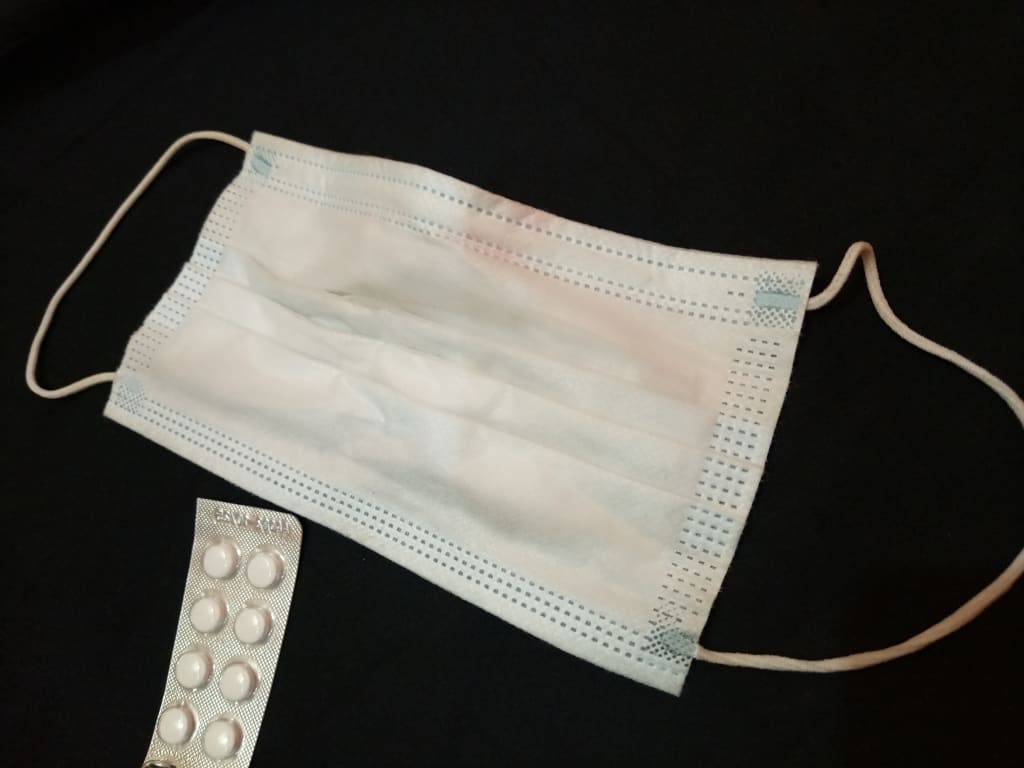Corona virus gone?
How corona virus start and treated

Coronavirus also known as COVID 19 is a highly contagious respiratory illness caused by the novel coronavirus SARS CoV 2. It was first identified in December 2019 in the city of Wuhan Hu Bei province China and has since spread globally resulting in a pandemic.
COVID 19 is primarily spread through respiratory droplets when an infected person coughs sneezes talks or breathes. It can also be contracted by touching surfaces or objects contaminated with the virus and then touching the face particularly the mouth nose or eyes.
The symptoms of COVID 19 can vary from mild to severe and may include fever cough sore throat fatigue body aches shortness of breath loss of taste or smell and in severe cases pneumonia and organ failure. However it is important to note that some infected individuals may be asymptomatic, meaning they show no symptoms but can still transmit the virus to others.
To prevent the spread of COVID 19 public health measures such as wearing face masks practicing physical distancing frequent hand washing and following respiratory hygiene etiquette are recommended. Vaccines have also been developed and authorized for emergency use in many countries providing protection against severe illness and reducing the risk of transmission.
It's important to stay updated with information from reputable sources such as the World Health Organization WHO and local health authorities to stay informed about the latest developments guidelines and precautions related to COVID 19.
The treatment approaches for COVID-19 can vary depending on the severity of the symptoms and individual patient factors. Here is an overview of the key aspects of COVID 19 treatment
1. Symptom management many COVID 19 cases exhibit mild to moderate symptoms that can be managed at home with rest hydration, and over-the-counter pain relievers for example acetaminophen and paracetamol to reduce fever and alleviate body aches. It is important to monitor symptoms and seek medical attention if they worsen or if there are signs of severe illness.
2. Hospital care some individuals develop severe symptoms particularly respiratory distress which may require hospitalization. In the hospital healthcare providers can provide supplemental oxygen administer antiviral medications or other drugs and monitor vital signs closely. In severe cases patients may need intensive care unit ICU support including mechanical ventilation or extracorporeal membrane oxygenation ECMO to support respiratory function.
3. Antiviral treatments several antiviral drugs have been used or are being investigated for the treatment of COVID 19. Remdesivir is one antiviral drug that has received emergency use authorization in some countries. It inhibits the replication of the virus in the body. Other drugs like monoclonal antibodies for example casirivimab and imdevimab have been authorized for emergency use to treat high risk individuals with mild to moderate COVID 19 symptoms. These treatments are typically administered early in the course of the disease.
4. Immunomodulatory therapies in severe cases an overactive immune response often called a cytokine storm can contribute to tissue damage and organ dysfunction. Medications like corticosteroids for example dexamethasone have been shown to be beneficial in reducing inflammation and improving outcomes in hospitalized patients requiring supplemental oxygen or ventilation.
5. Supportive care treatment also includes supportive measures to manage complications and provide comfort to patients. This can include fluid management maintaining oxygen levels blood pressure support and treatment of secondary infections.
It is important to note that the development and availability of new treatments continue to evolve as research progresses. Vaccination is also a crucial aspect of preventing severe illness and reducing the overall impact of COVID 19.
Remember it is always recommended to consult with healthcare professionals for personalized advice and treatment options based on your specific situation.
Healthcare professionals and physicians treat the patients according to the severity of corona virus infection.





Comments
There are no comments for this story
Be the first to respond and start the conversation.